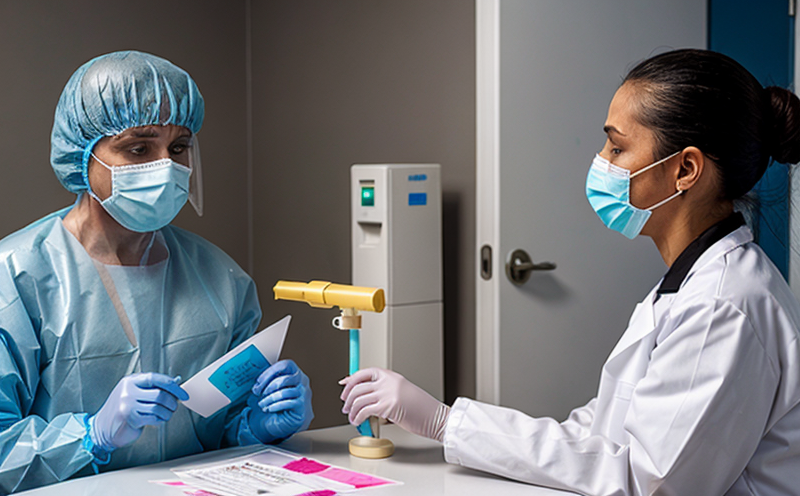Plasmodium spp. Testing in Mosquito Vectors
Introduction to Plasmodium spp. and Their Significance:
The genus Plasmodium, a member of the Apicomplexa phylum, is responsible for causing malaria, one of the most significant infectious diseases globally. Malaria remains a major public health issue, particularly in tropical and subtropical regions where the disease is endemic. The Plasmodium species that infect humans include P. falciparum, P. vivax, P. ovale, P. malariae, and P. knowlesi. Understanding the presence of these parasites in mosquito vectors is crucial for effective disease control strategies.
Mosquitoes, specifically members of the genus Anopheles, Aedes, and Culex, play a pivotal role in the transmission cycle of Plasmodium spp. The vectors acquire sporozoites from an infected human host during a blood meal. These sporozoites then develop into infectious forms within the mosquito, completing part of their life cycle before being transmitted back to humans.
Importance of Testing:
Testing for Plasmodium spp. in mosquitoes is essential for several reasons:
- Disease Surveillance: Identifying the presence and prevalence of specific Plasmodium species can inform public health policies and intervention strategies.
- Vector Control: Understanding which mosquito species are involved in transmission helps target vector control measures more effectively.
- Epidemiology: Surveillance data on the presence of Plasmodium spp. contributes to understanding disease spread patterns and helps predict outbreaks.
The testing process involves collecting mosquito samples from field sites, identifying species, and then performing molecular tests such as PCR or ELISA assays to detect Plasmodium DNA. This section provides a comprehensive overview of the methodologies used in this crucial diagnostic service.
Benefits
Enhanced Public Health: Accurate and timely testing for Plasmodium spp. in mosquitoes enables public health agencies to implement targeted interventions, thereby reducing the incidence of malaria cases.
Informed Decision-Making: Data from these tests inform decisions on resource allocation and deployment strategies, ensuring that control measures are focused where they can be most effective.
Sustainable Control Efforts: By identifying vectors responsible for transmission, testing helps in the development of sustainable control programs. This approach minimizes the risk of developing resistance to interventions.
Research and Development: The data collected from these tests contribute valuable information that can be used by researchers and pharmaceutical companies to develop new treatments and vaccines.
International Compliance: Laboratories offering this service must adhere to international standards such as ISO 17025 for quality management. This ensures that the results are reliable, reproducible, and accepted worldwide.
Quality and Reliability Assurance
- Standard Operating Procedures: Rigorous adherence to SOPs is critical for ensuring consistent and accurate test results. These procedures cover all aspects of sample collection, preparation, and analysis.
- Calibration and Maintenance: The laboratory maintains a strict calibration schedule for all analytical instruments used in testing. Regular maintenance ensures that these instruments operate within specified tolerances.
- Training and Certification: Staff members undergo regular training to keep abreast of the latest methodologies and technologies. Certifications from recognized bodies ensure expertise in the field.
- Data Validation: Data generated during testing is subjected to rigorous validation checks before being reported. This includes internal audits and comparison with results from other reputable laboratories.
International Acceptance and Recognition
The service of Plasmodium spp. testing in mosquito vectors is internationally recognized for its role in disease control and vector management. Laboratories providing this service must comply with stringent international standards such as ISO 17025, which governs the technical requirements for the competence of testing laboratories.
Recognition from organizations like WHO (World Health Organization) and CDC (Centers for Disease Control and Prevention) ensures that results are accepted globally. Compliance with these standards not only enhances the credibility of the laboratory but also facilitates collaboration between international health agencies.
Global Collaboration: By adhering to internationally recognized standards, laboratories can participate in global initiatives aimed at reducing malaria transmission. This includes sharing data and collaborating on research projects that are critical for advancing our understanding of this disease.





